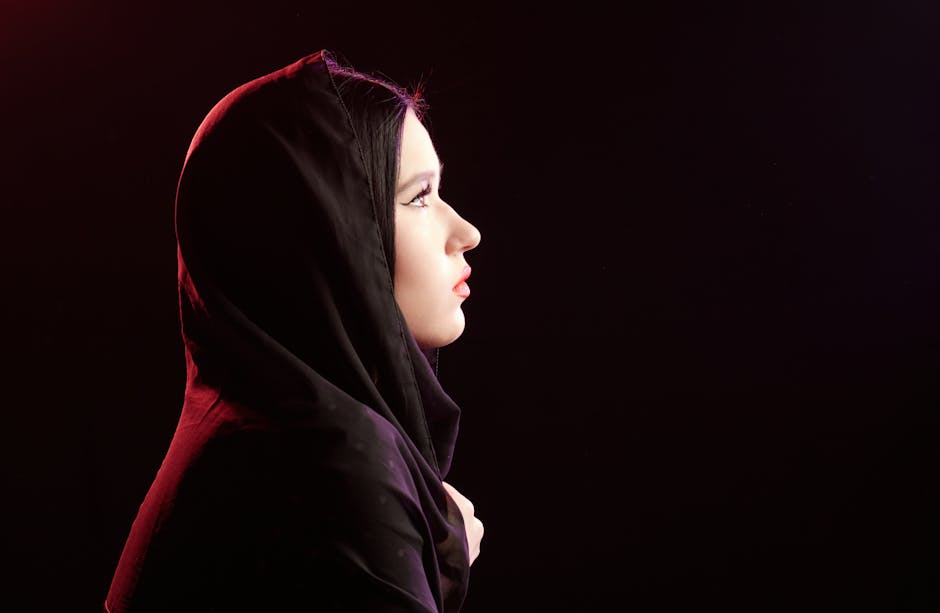In the serene landscapes of Bhutan, where spirituality meets modernity, director Dechen Roder’s I, the Song crafts a quiet yet profound mystery. Premiering at the Mumbai Film Festival, this 82-minute meditation on identity and memory proves Bhutanese cinema is more than picturesque backdrops—it’s a vessel for universal introspection.
A Mystery Wrapped in Simplicity
Tshering (Tshering Euden), a Thimphu receptionist, lives an unremarkable life—until she encounters her eerie doppelgänger, “The Visitor.” Is this double a ghost, a hallucination, or a buried memory? Roder’s deliberate ambiguity and Jigme Tenzing’s cinematography (alternating misty valleys and neon-lit streets) immerse viewers in Tshering’s unraveling reality.
Identity and Self-Reflection in Bhutan
The film transcends its doppelgänger premise to explore Tshering’s internal conflict. Her double mirrors repressed grief, societal pressures, and her quiet rebellion against marital expectations. A pivotal river reflection scene blurs identity lines, symbolizing Bhutan’s clash between tradition and modernity.
Haunting Performances and Sound Design
Euden’s dual role is a masterclass in restraint, her silence speaking volumes. The soundscape—traditional instruments woven with urban hums—heightens the dreamlike tension. Supporting actor Karma Wangchuk adds emotional gravity as Tshering’s father.
Why I, the Song Matters
Roder’s minimalist approach trusts the audience to sit with ambiguity. The open-ended finale invites debate, while Bhutan’s emerging cinema shines through Buddhist-inflected storytelling. For Indian viewers, it’s a rare window into a neighbor’s artistic soul.
Verdict: 4/5
A must-watch for arthouse lovers, I, the Song proves big questions thrive in small packages. As Bhutan’s film industry rises, Roder’s work is a quiet triumph.




